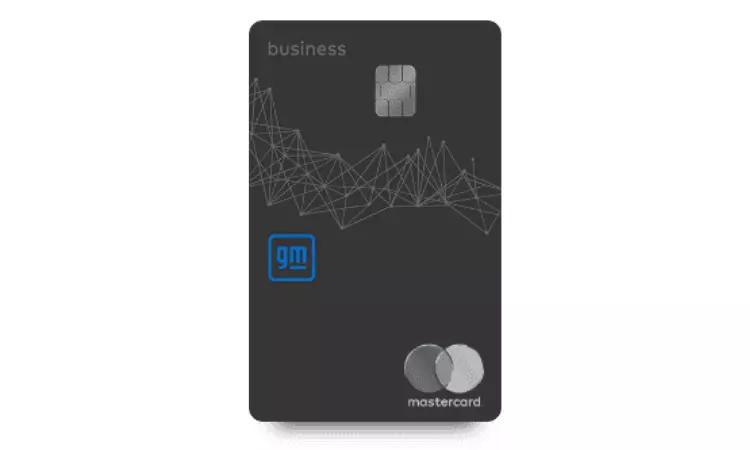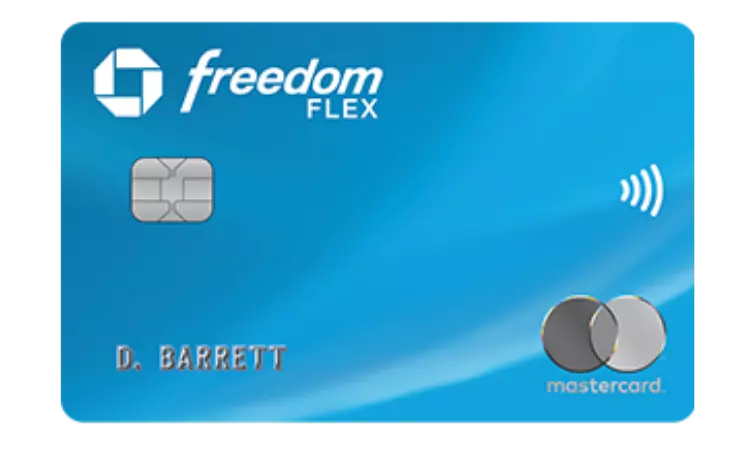
If you forget the due date on your credit card statement, don’t send the minimum payment, or realize you never mailed a check, you may be at risk of late payment on your credit card. Whatever the reason for the late payment, there will be consequences.
Missing a credit card payment can hurt your credit score and finances in the short and long term. But you can take steps to fix the damage and avoid repeating mistakes.
When are credit card payments delayed?
If you don’t pay at least the minimum amount by the due date, your credit card payment will be delayed. This can happen if you forgot to pay or the payment didn’t go through. The issuer may have a deadline on your due date, usually 5:00pm. At the earliest, after that time your payment is considered late.
According to the credit bureau Experian, late payments won’t show up on your credit report until you miss a full accounting cycle. But you may face more direct penalties from the credit card issuer, including late fees.
What is your penalty if you miss a credit card payment?
If you miss a credit card payment, expect to incur late fees soon.
“If you’re a day late on a credit card payment, most issuers charge a late fee,” says credit and small business expert Gerri Detweiler.
The longer you pay, the higher the fine. Your late payment may be reported to the three major credit bureaus, affecting your credit score.
The APR of your existing balance may increase and you may lose premiums.
If you miss a credit card payment, expect the following penalties:
- Late fees: If you don’t pay by the due date, late fees can be quickly added to your account. Most major credit card issuers charge late fees of up to $40 in 2020, according to the Consumer Financial Protection Bureau. Fees may be waived if you usually pay on time.
- Accrued interest: If you normally pay in full, you will lose the benefit of the grace period and will incur interest charges on your balance.
- Remember, if you pay on time but don’t pay the full balance, you will also lose your grace period.
- Credit report: If you miss a payment for an entire billing cycle, usually 30 days, the late payment will be noted on your credit report.
0% APR loss: According to Experian, promotional APRs may fall back to regular APRs after late payments. - Penalty APR: If your credit card payment is more than 60 days past due, you may incur an APR penalty on your existing balance, usually around 29.99%. According to Experian, you may need six consecutive timely payments to remove an APR.
- Freeze rewards: If your payment is delayed, you may not be able to use some or all of the rewards accrued in your credit card account. Your issuer may also suspend reward accumulation and redemption.
Late payment penalties can be expensive. Depending on your balance, the damage you do by triggering penalty interest from your card can be severe. If your average daily balance during this period is $1,000, you’ll earn nearly $150 in interest at 29.99% APR over a 6-month period. Without penalty interest, the same average daily APR balance (e.g. 16.93%) would accrue close to $80 in interest over 6 months.
Can late credit card payments hurt your credit score?
Since payment history accounts for 35% of your FICO credit score, late payments can hurt your credit score. “Overdue payments are the number one factor affecting credibility,” said Rod Griffin, senior director of public education and advocacy at Experian. “If you miss a payment, your credit score will take a serious hit immediately. Your score will drop immediately.”
Overall, late payments have a greater impact on higher credit scores than lower credit scores, but your score can recover more quickly if you don’t have a history of late payments. The effects of late payments wear off over time, although late payments may remain on your credit report for up to seven years.
The sooner you catch late payments, the better. “Based on your history, your results may come back relatively quickly,” Griffin said. “If you catch up, your results may come back in about three months.”
Missing multiple credit card payments over several months can be more harmful than missing one payment.
“If you have other late payments, or if you don’t repeatedly make up late payments, your credit score will deteriorate and damage it even more,” Griffin said.
Likewise, you can make up for missed credit card payments for a short period of time before your credit is compromised, as late payments are usually not reported to credit bureaus until you miss a full accounting cycle. So if you pay a few days after the due date, it stays between you and the issuer.
What is the penalty for missing three credit card payments?
If you missed three credit card payments, you may have seen:
- Three late fees.
- Fine APR.
- Frozen or forfeited rewards.
- Corrupted credit report.
At this point, you’re getting close to charging. Debits are usually delayed by 120 to 180 days. At the same time, you may face collection activity from the issuer.
What to do if you think you missed a credit card payment
If you’re not sure about paying your credit card on time, take action before the due date.
Griffin recommends contacting the credit card issuer. “They appreciate you being proactive, which helps prevent late payments,” he said. “Maybe they can defer payments or offer other options to protect your credit.”
If you haven’t missed a payment because of a genuine temporary problem, you should contact a reputable credit counseling agency for help, Detweiler said.
How to Get Credit Card Late Payment Fees and Penalties
If you miss a credit card payment, please contact the card issuer promptly. Some credit card issuers waive late fees if you ask for it – but success depends on your account history.
“Unfortunately, the consumers who need the late fee waiver the most will have the hardest time getting one,” Detweiler said. Second-tier card consumers who struggle to pay their bills on time may find themselves stuck in a vicious cycle of missed payments, late fees, and interest charges that are hard to get out of.
Prevention is the best medicine, and it’s the ideal way to never miss a payment. “If you can avoid it, don’t miss the first one,” Griffin said.
Make it easier to pay on time by:
- Use automatic payments.
- If possible, set the same due date for all invoices.
- Sign up for payment reminders via text or email.
- Create a monthly bill payment calendar.
If you choose to pay automatically, make sure you pay at least the minimum amount and have enough funds in your bank account to pay each bill. Exhibitors may charge fees for money returned due to insufficient funds, and if your payment is not processed on the first attempt, it may be delayed depending on the due date.
Ucz się więcej:
-
-
-
-
Recenzja karty Delta Skymiles® Reserve American Express – zobacz więcej.
-
-
Odkryj it® Nagrody w postaci kart nagród i zobacz, jak to działa


